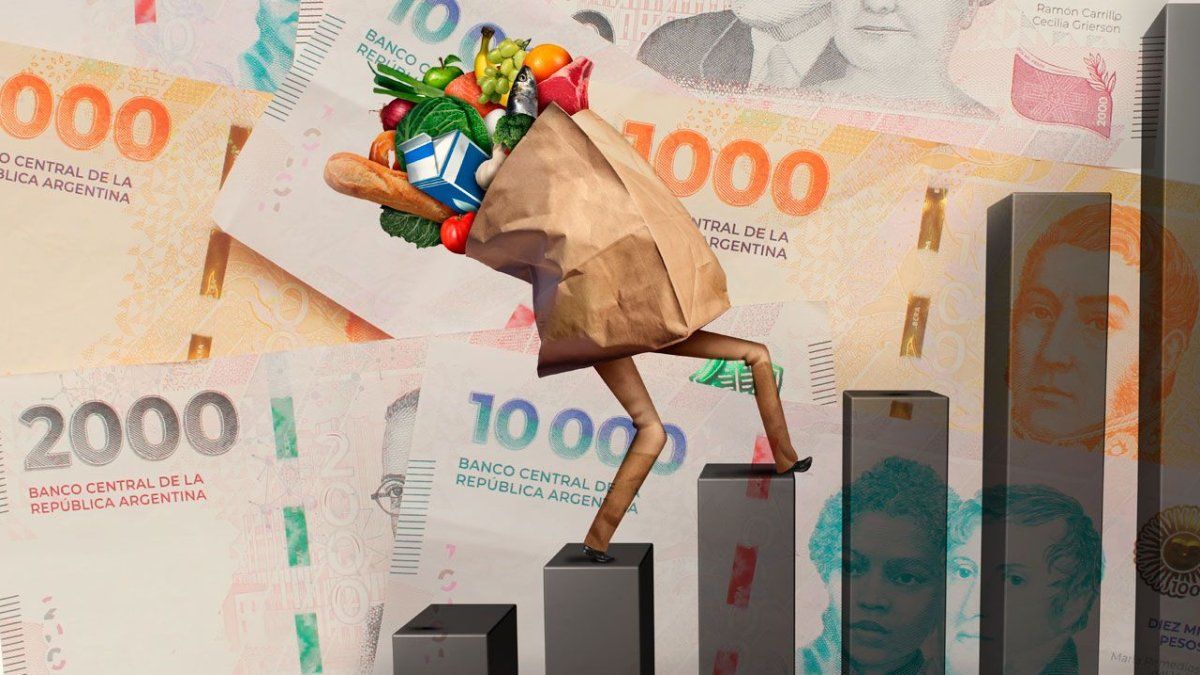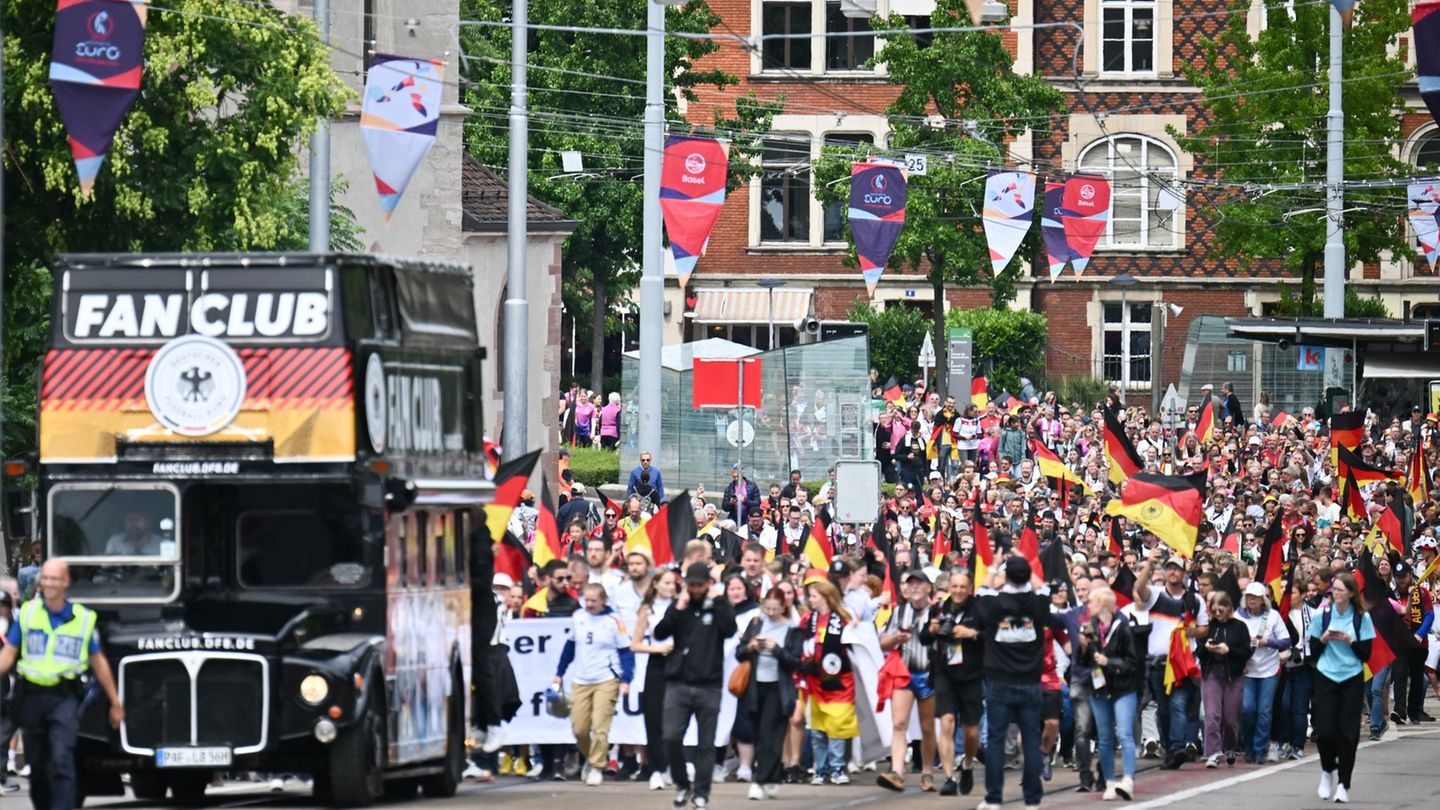The inflation of the City of Buenos Aires (IPCBA) reached 4% in September compared to the previous month, so that it registered an accumulated 115.1% in the year according to data from the Institute of Statistics and City Censuses (IDECBA).
The official report indicates that in relation to the same month last year, prices grew 218.8%. The data suggests that At the national level, inflation would be a few points lower, as is the historical relationship between both indicators.
“During September, the variation in the IPCBA responded fundamentally to the increases in the following divisions: Housing, water, electricity, gas and other fuels, Transportation, Health, Food and non-alcoholic beverages and Restaurants and hotels, which together explained 65.2% of the increase in the General Level,” reported the Buenos Aires organization.
caba.sep.png
The report indicates that the item “Housing, water, electricity, gas and other fuels increased 4.3%, contributing 0.81 points to the monthly variation of the IPCBA, mainly impacting the increases in the values of common expenses for housing and rents.” “To a lesser extent, adjustments in residential rates for electricity service3 and water supply stood out,” the report states.
On the other hand, it was reported that the item “Transportation registered an increase of 5.1% and had an impact of 0.55 points as a result of the increases in the prices of fuels and lubricants for vehicles for household use, along with the drag left by the update of the urban bus ticket from the previous month.”
The category “Health rose 5%, with an incidence of 0.44 pointsdue to increases in prepaid medicine fees.”
How much did Food and Beverages go up?
Food and non-alcoholic beverages averaged, meanwhile, “an increase of 2.2% and it had an impact of 0.42 points on the General Level.” The main impulses came from Meat and derivatives (4.1%), Bread and cereals (2.5%) and Milk, dairy products and eggs (2.3%).
On the other restaurants and hotels registered an increase of 3.7%, with an incidence of 0.40 points, due to the “increases in the prices of foods prepared in restaurants, bars and eateries,” says the report.
On the other hand, the IDECBA He specified that “in year-on-year terms, the divisions Housing, water, electricity, gas and other fuels, Food and non-alcoholic beverages, Transportation and Restaurants and hotels, were mainly responsible for the increase in retail prices, explaining 59.3% of the interannual variation of the General Level.”
Services beat goods
According to information from the Buenos Aires government, during September Goods registered a price increase of 3.1%, below Services, which increased 4.6%.
“The behavior of the Services mainly reflected the increases in the prices of the restaurants, bars and food houses. Next in importance were the updates in prepaid medicine fees and in the values of common housing expenses, along with increases in rental prices and in the remuneration of domestic service,” the study indicates.
On the other hand, the report indicates that prices seasonal rose 2.9%, regulated 4.8% and what would be core inflation, 3.9%.
Source: Ambito




